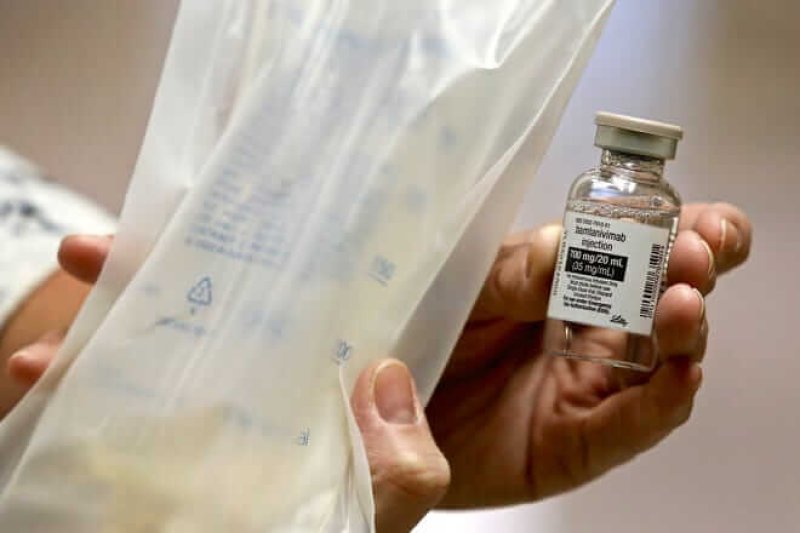Monoclonal antibodies — described as “unbelievable” by President Trump, who received the treatment this fall — are designed for patients newly diagnosed with covid-19, the disease caused by the coronavirus, who have a high risk of developing complications and becoming seriously ill.
But for hospitals already strained by a surge of covid-19 cases, the outpatient pharmaceutical treatment presents a major logistical challenge as exhausted staff scramble to care for patients and race to inoculate front-line workers with the first coronavirus vaccines.
As of [December 30], the federal government had allocated 550,000 doses to states and territorial health departments, which had distributed 378,000 doses to health-care facilities, according to the Department of Health and Human Services. But only 20 percent of the supply had been used, HHS said.
Some hospitals, including Beth Israel Deaconess Medical Center in Boston, have declined allocations, while others have simply not used the antibody treatments.
…
Questions about the drugs’ effectiveness further complicate matters. The Infectious Diseases Society of America recommends against routine use of the drugs, citing a lack of evidence, and the National Institutes of Health says “insufficient data” exists to recommend for or against the medications.
“The last thing we want is to use our resources for an unproven treatment,” said [physician Pieter] Cohen, who works at the system’s Somerville, Mass., clinic.































